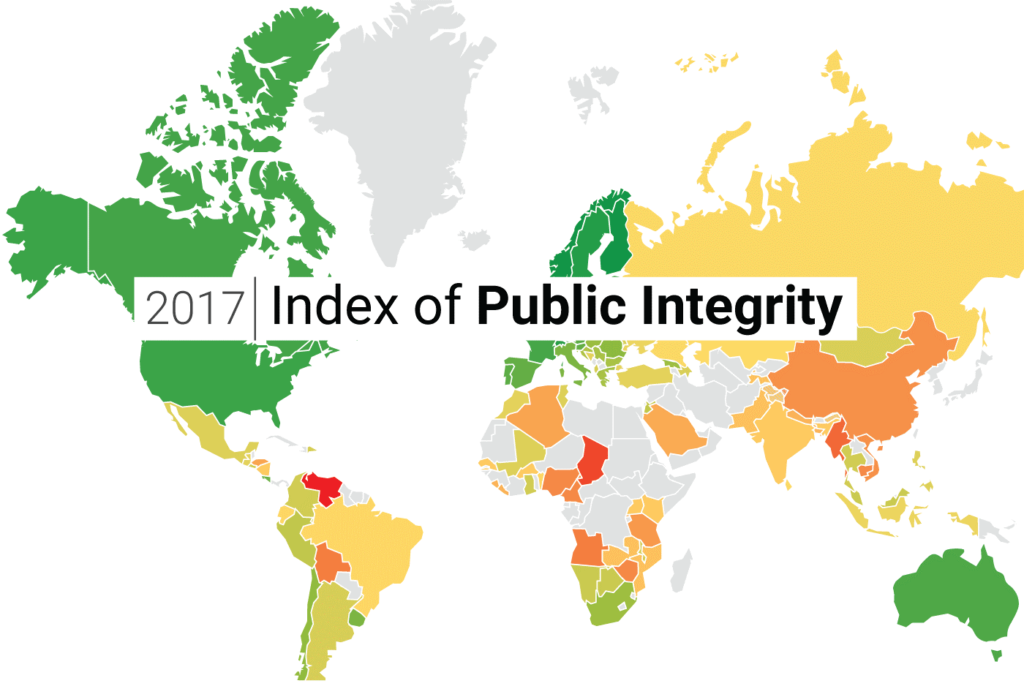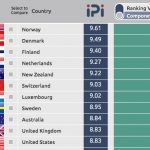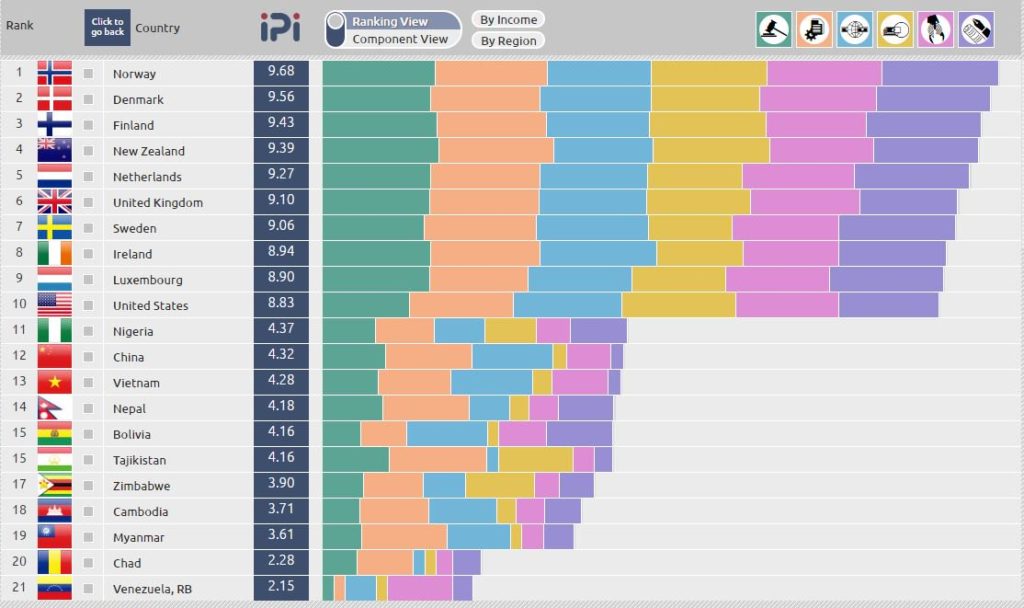 Even before the latest pandemic crisis, opinions on where the world was going could not have been more split, writes Alina Mungiu-Pippidi. Many scholars who spent their life explaining the end of history and the victory of the West now write of decay. Others are more optimistic and see crises as opportunities. It is not easy to answer objectively such questions.
Even before the latest pandemic crisis, opinions on where the world was going could not have been more split, writes Alina Mungiu-Pippidi. Many scholars who spent their life explaining the end of history and the victory of the West now write of decay. Others are more optimistic and see crises as opportunities. It is not easy to answer objectively such questions.
My team at Hertie School in Berlin has just released the result of a pilot project funded by National Endowment for Democracy: a forecast of good governance for 124 countries. The interactive map, the country legends and the full methodology can be consulted here.
 The forecast was made using the past ten years trends on determinants of good governance from the index for public integrity, and a survey of recent political contingencies for 124 countries.
The forecast was made using the past ten years trends on determinants of good governance from the index for public integrity, and a survey of recent political contingencies for 124 countries.
Why is a governance forecast helpful in a world already thick with governance indicators?
- Firstly, because it is a forward-looking tool in an environment where all indicators lag by 2-3 years at least.
- Secondly, because it indicates also the reasons why countries change (for the better or for the worse) or don’t. The map and the data underneath it are meant to be the beginning of a knowledge infrastructure for rapid reaction in anti-corruption – an approach with a growing popularity still grappling to become operational.
For policymakers, donors or NGOs engaged in assisting good governance the forecast offers the information for preliminary choices to be made. For instance: When to use judicial approaches and when to use market approaches? When to design national interventions and when to conceive international ones (like sanctions)?
The Hertie School will offer a free webinar on how to use such tools on Wednesday, June 3, 2020, 4.00 pm – 5.30 pm CEST.
Tune in to join either via Zoom: https://zoom.us/j/94422964710?pwd=cjJac0Y1czJjM3lHSHpyQjdZaTNudz09 (email debora_adf@hotmail.com for an access code) or via Facebook: https://web.facebook.com/ercasberlin
Provide feedback on the new tool either directly or on www.againstcorruption.eu country pages (for specific countries).








